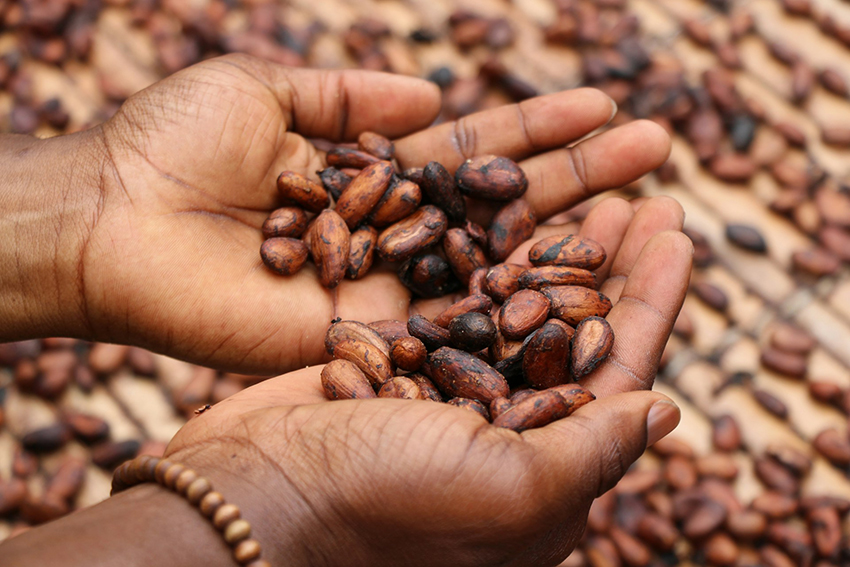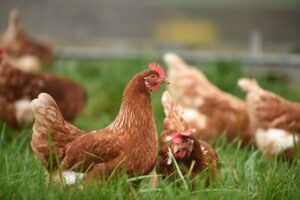Africa is rich—very rich.
The continent holds 30% of the world’s critical mineral reserves, including many elements needed for sustainable energy technology, as well as the largest oil and natural gas reserves outside the Middle East.
In agriculture, Africa is home to 60% of the world’s uncultivated arable land, according to the UN Food and Agriculture Organization, making it a vital player in global food security.
So how then does this material wealth translate into underdevelopment in food and fuel and low income for a substantial portion of the Africa’s population?
In short, lack of investment.
The World Bank highlights that many African countries face barriers to foreign direct investment (FDI) in areas like infrastructure, education, and technology—limiting their ability to leverage these resources for widespread economic benefits. A report by McKinsey & Company indicates limited access to financing and poor governance structures mean Africa’s wealth often remains concentrated among a small elite.
Despite these challenges, food and energy investment is taking place. Nigeria is benefitting from biotechnology for agriculture, Rwanda is electrifying the countryside through laws encouraging renewable energy, and the Africa Energy Bank will support oil and gas investment. Creative approaches can turn Africa from a rich country to a country where the wealth benefits everyone.
Why investment is lacking
Concerns of risk and high interest rates are two major drags on investment.
While sentiments are country-specific, on the whole foreign investors often perceive African markets as having a higher susceptibility to political instability, currency fluctuations, and regulatory uncertainties. This perception drives up the cost of borrowing as investors use risk assessments to set the rates on loans and bonds.
“Some of the potential challenges that investors should consider, depending on which African country or region they are investing in, may include security concerns such as political unrest, civil conflict, terrorism, kidnapping, and crime,” says a 2024 Henley & Partners African Health Wealth Report on the pitfalls and promises of African Investment.
Another factor contributing to the high price of loans are interest rates, as many within the continent raise interest rates to combat inflation. In contrast, countries like the U.S. and Japan have much lower interest rates, which encourage investment by reducing capital costs.
Higher interest rates in African countries aim to stabilize inflation by reducing borrowing and consumer spending, which cools demand and helps keep prices in check. However, this comes at a cost: Higher interest rates make loans more expensive, discouraging both consumer and business investments.
Overcoming obstacles: Progress amid challenges
Despite the challenges successful efforts are underway. In February, the government of Nigeria approved commercial release of four genetically engineered TELA maize varieties, which are designed to be insect-resistant and drought-tolerant.
This effort marks the second time an African nation has approved biotech corn for commercial planting.
“I congratulate the scientists for their hard work and dedication that has seen the product getting closer to farmers and look forward to other countries making similar decisions for the good of the farmer,” says Dr. Sylvester Oikeh, a project manager with TELA, the firm that synthesized the new maize, which has since expanded beyond Nigeria and into Ethiopia, Kenya, and Mozambique as well.
These investment initiatives extend beyond the agricultural sector.
In the field of hydrocarbons, the coastal states of Mauritania, Senegal, and Mozambique, with their significant hydrocarbon resources, are developing natural gas hubs and infrastructure for large-scale production and domestic consumption, enabling refining of their recent offshore natural gas discoveries and an increase in domestic natural gas consumption.
On renewable energy, continent-wide groups such as the Convention of the African Energy Commission, African Free Trade Continental Area (AfCFTA), and United Nations Framework Convention on Climate Change (UNFCCC) have promoted cooperation within the African Union (AU) to develop the continent’s energy capabilities.
The World Economic Forum (WEF), has outlined six methods to promote renewable energy with legislation that boosts government and private sector investment. These include allocation of a national budget for climate change, as seen in Tanzania and Nigeria, mandating banks to fund small and medium-sized renewable energy projects, and tax incentives like those in Norway.
On non-renewable energy, a coalition of 18 oil-producing African countries are launching the Africa Energy Bank to invest in projects throughout the continent. Moreover, their target contributions of $5 billion is set to be matched by the African Export-Import Bank.
Decoupling from traditional funding sources in favor of continent-wide resource pooling is a path AU leaders are increasingly pursuing. Despite significant challenges in energy, agriculture, and infrastructure investments, glimmers of hope persist across Africa’s landscape.
The AU is determined to chart its own course and drive its future forward.














